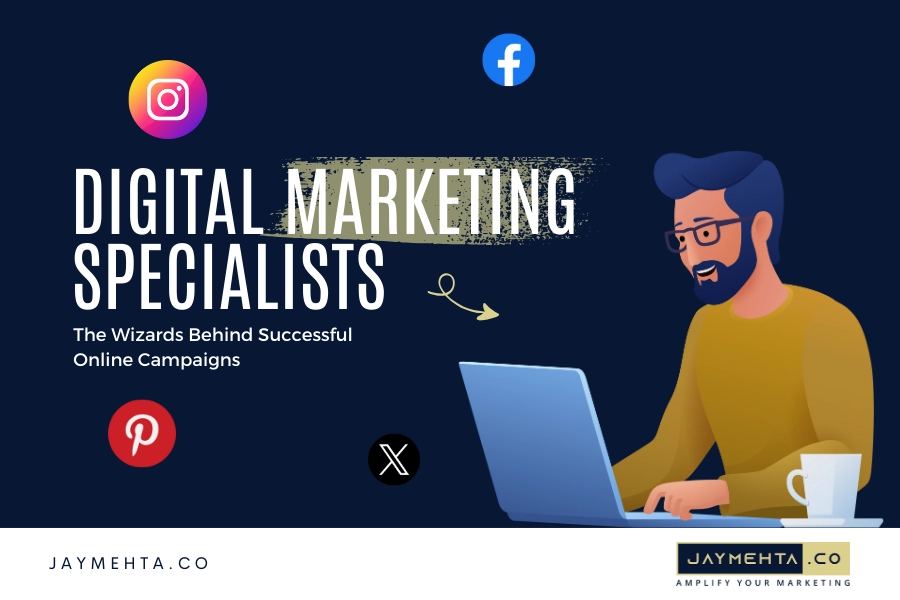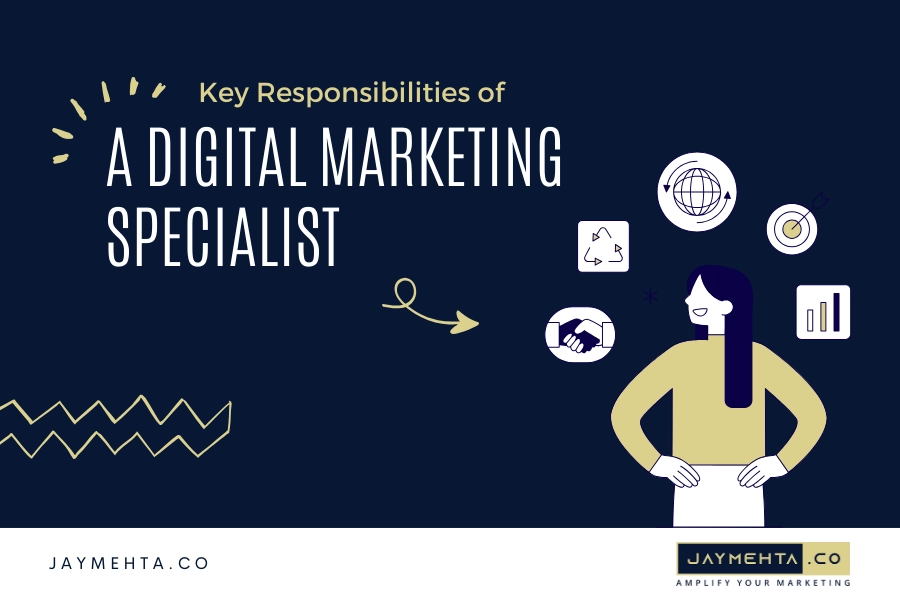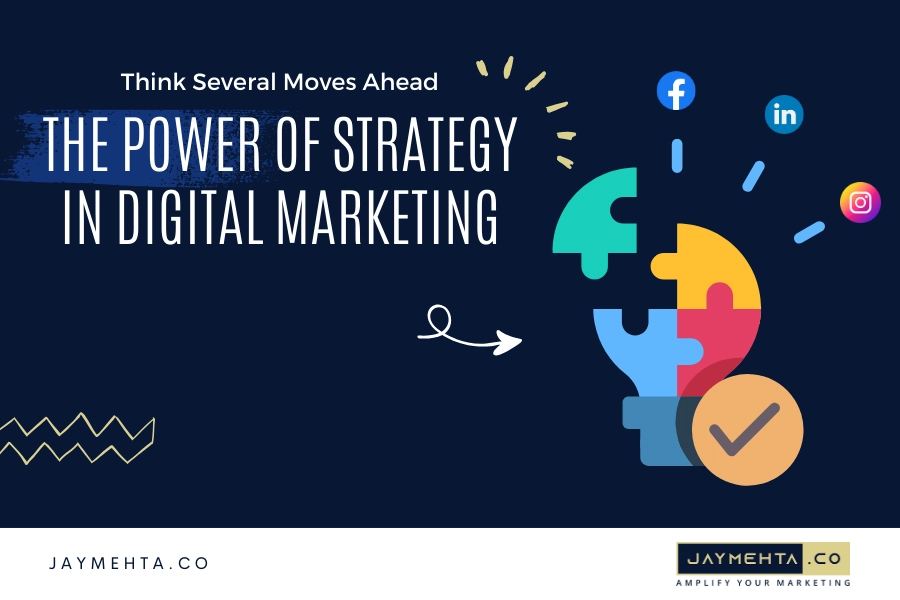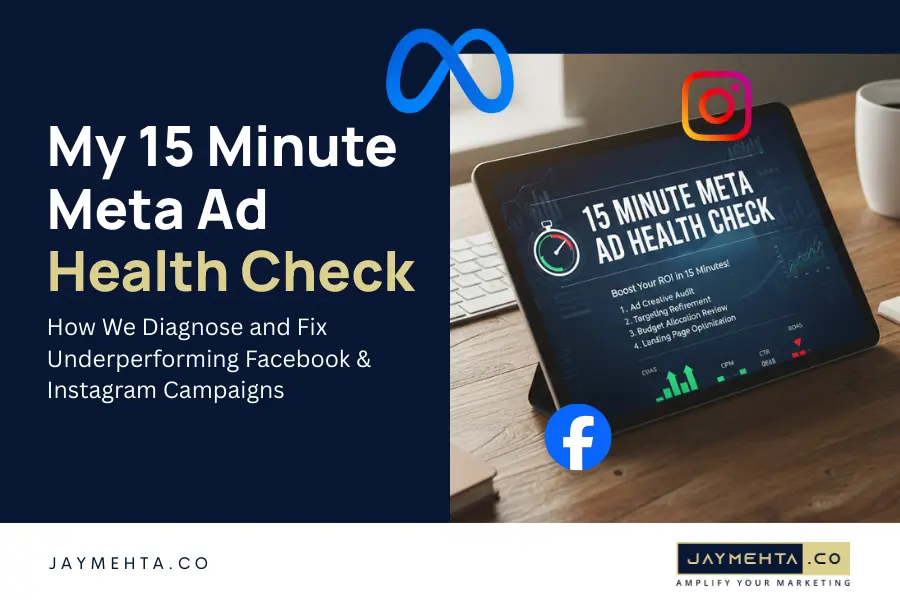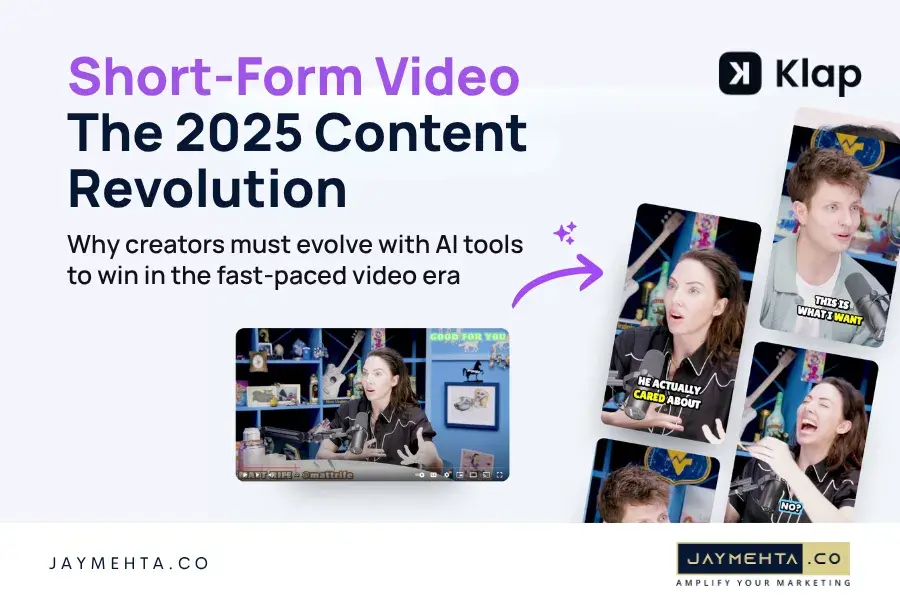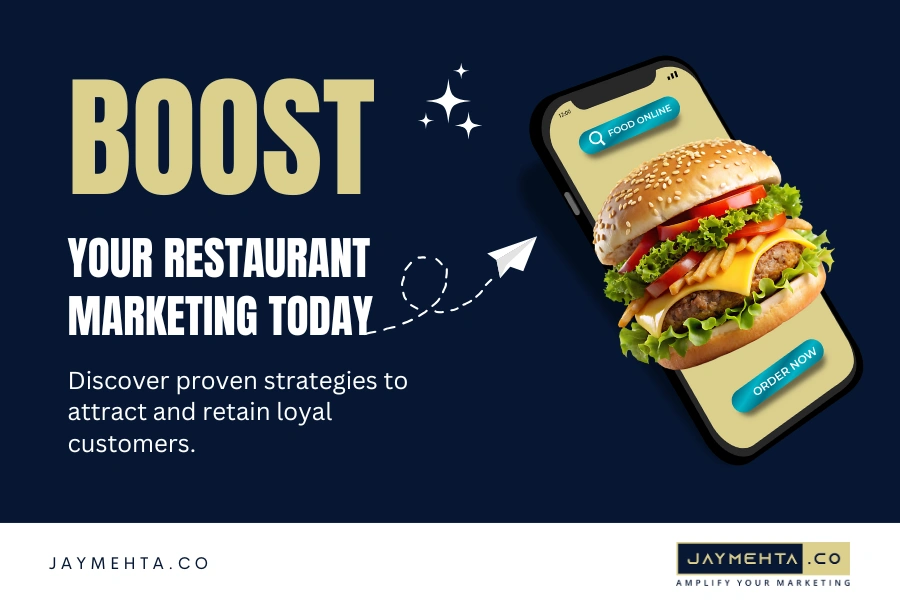Let’s cut to the chase: if you’re reading this, you’re likely curious about what it really takes to thrive as a digital marketing specialist. Whether you’re a newbie looking to break into the industry or a seasoned pro aiming to up your game, the road to success in digital marketing is packed with twists, turns, and a whole lot of learning. But here’s the good news—you don’t have to navigate it alone. We’re about to unveil the secrets that can catapult your digital marketing career to new heights.
What’s This Guide About?
We’ll dive deep into the heart of digital marketing, uncovering the skills, strategies, and mindsets that set the best apart from the rest. From mastering SEO to creating killer content, managing social media, and analyzing data, you’ll get a backstage pass to the world of a digital marketing specialist. And trust me, it’s not just about knowing the right tools—it’s about mastering the art of connection, storytelling, and strategy.
Ready to unlock the secrets? Let’s get started.
Understanding the Role of a Digital Marketing Specialist
-
What Does a Digital Marketing Specialist Do?
First things first—let’s get clear on what a digital marketing specialist actually does. It’s not just about posting on social media or writing blogs (although that’s part of it). A digital marketing specialist is the wizard behind the curtain, orchestrating various online marketing strategies to help businesses connect with their target audience, generate leads, and ultimately, boost sales.
Here’s a quick rundown of the main tasks:
-
SEO and SEM
Optimizing websites and content to rank higher on search engines.
-
Content Creation
rafting engaging, informative, and SEO-friendly content.
-
Social Media Management
uilding and managing social media profiles to engage with followers.
-
Email Marketing
reating and executing email campaigns that convert.
-
Analytics
easuring and analyzing the performance of marketing campaigns.
-
Paid Advertising
anaging PPC (Pay-Per-Click) campaigns across platforms like Google Ads and Facebook Ads.
It’s a dynamic role that requires a blend of creativity, analytical thinking, and a deep understanding of digital trends.
-
-
The Skills You Need to Succeed
So, what’s in the toolbox of a successful digital marketing specialist? Here’s a list of must-have skills:
-
SEO Mastery
Knowing how to optimize content and websites for search engines is non-negotiable.
-
Content Creation
You should be able to create compelling content that resonates with your audience.
-
Social Media Savvy
Understanding the ins and outs of social media platforms is key.
-
Analytical Skills
The ability to analyze data and draw actionable insights is crucial.
-
Paid Advertising
Familiarity with PPC campaigns and platforms like Google Ads is a must.
-
Email Marketing
Crafting emails that people want to open (and click through) is an art.
-
Technical Know-How
Understanding basic coding (like HTML and CSS) can give you an edge.
-
The Secret Sauce: Strategy, Strategy, Strategy
-
Why Strategy Is Everything
You can know all the tools, have all the skills, and still fall flat if you don’t have a solid strategy. Think of digital marketing as a chess game—you’ve got to think several moves ahead. Whether you’re planning a content calendar, a social media campaign, or an SEO overhaul, every decision should be strategic.
-
Key Elements of a Strong Digital Marketing Strategy
-
Clear Objectives
What are you trying to achieve? More traffic? Higher conversions? Brand awareness? Define your goals.
-
Target Audience
Who are you talking to? Understanding your audience is key to crafting messages that resonate.
-
Content Plan
What type of content will you create? How often will you publish? On which platforms?
-
SEO Integration
How will you ensure your content is discoverable on search engines?
-
Social Media Strategy
Which platforms will you focus on? What’s your posting schedule?
-
Analytics and Adjustments
How will you measure success? Be ready to tweak your strategy based on what the data tells you.
-
-
-
Developing a Winning Strategy
Here’s a step-by-step approach to crafting a digital marketing strategy that works:
-
Set SMART Goals
Your goals should be Specific, Measurable, Achievable, Relevant, and Time-bound.
-
Know Your Audience
Use tools like Google Analytics, Facebook Insights, and customer surveys to get to know your audience inside and out.
-
Audit Your Current Strategy
Take a close look at what you’re currently doing—what’s working, what’s not, and where are the gaps?
-
Choose Your Channels
Decide where you’ll focus your efforts—whether it’s SEO, social media, content marketing, or paid advertising.
-
Create a Content Calendar
Plan your content in advance, making sure it aligns with your overall strategy.
-
Monitor and Adjust
Use analytics to track your progress and be prepared to pivot if something’s not working.
Related Blog: Essential Digital Marketing Tips For Small Businesses
-
Mastering SEO: The Backbone of Digital Marketing
-
Why SEO Matters
SEO (Search Engine Optimization) is the backbone of digital marketing. It’s what makes your content discoverable to your audience. Without SEO, even the best content can go unnoticed.
-
The Three Pillars of SEO
-
On-Page SEO
This involves optimizing individual web pages to rank higher and earn more relevant traffic. Key elements include keyword optimization, meta tags, header tags, and internal linking.
-
Off-Page SEO
This refers to actions taken outside of your website to improve its ranking. Think backlinks, social signals, and influencer outreach.
-
Technical SEO
This is all about improving the technical aspects of your website, like page speed, mobile-friendliness, and XML sitemaps.
-
-
SEO Best Practices for 2025
The world of SEO is constantly evolving, and what worked yesterday might not work today. Here are some up-to-date best practices:
-
Focus on User Experience (UX)
Google’s algorithms prioritize websites that offer a great user experience. Make sure your site is fast, mobile-friendly, and easy to navigate.
-
Quality Content
Gone are the days of keyword stuffing. Google rewards content that is informative, engaging, and well-written.
-
E-A-T Principle
Google’s guidelines emphasize Expertise, Authoritativeness, and Trustworthiness. Make sure your content demonstrates all three.
-
Long-Tail Keywords
These are more specific keyword phrases that visitors are more likely to use when they’re closer to a point-of-purchase or when they’re using voice search.
-
Voice Search Optimization
With the rise of smart speakers and voice search, optimizing for voice queries is becoming increasingly important.
-
-
Tools for SEO Success
Here’s a list of tools that every digital marketing specialist should have in their SEO toolkit:
-
Google Analytics
Track your website’s performance and gain insights into your audience.
-
Google Search Console
Monitor, maintain, and troubleshoot your site’s presence in Google Search results.
-
Ahrefs
An all-in-one SEO toolset for growing search traffic and researching competitors.
-
SEMrush
A powerful tool for keyword research, competitor analysis, and tracking your site’s visibility.
-
Moz
Offers a suite of SEO tools, including keyword research, link building, and site audits.
-
The Art of Content Creation: Tell Stories That Sell
-
Why Content Is King
You’ve heard it a million times, and it’s true—content is king. But not just any content. We’re talking about content that tells a story, connects with your audience, and compels them to take action. In a world saturated with information, your content needs to stand out.
-
Types of Content Every Digital Marketing Specialist Should Master
-
Blog Posts
The bread and butter of content marketing. They help with SEO, establish authority, and engage your audience.
-
Videos
Video content is on the rise, and it’s a powerful way to engage your audience.
-
Infographics
These are great for sharing on social media and simplifying complex information.
-
Ebooks and Whitepapers
Long-form content that provides in-depth information and generates leads.
-
Case Studies
Showcase your success stories and build trust with potential clients.
-
Social Media Posts
Short, punchy, and visually appealing content that drives engagement.
-
-
How to Create Engaging Content
Here are some tips to help you create content that not only attracts but also engages your audience:
-
Know Your Audience
Tailor your content to the interests and needs of your audience.
-
Be Consistent
Consistency in posting builds trust and keeps your audience coming back for more.
-
Use Storytelling
People connect with stories, so weave storytelling into your content.
-
Add Value
Every piece of content should offer value, whether it’s entertaining, educational, or inspirational.
-
Optimize for SEO
Ensure your content is optimized with the right keywords, meta descriptions, and alt tags.
-
Include a Call to Action (CTA)
Encourage your readers to take the next step, whether it’s signing up for a newsletter, downloading a guide, or making a purchase.
Read also: How to Create a Content Marketing Strategy
-
Social Media Mastery: Where Brands Meet People
-
Why Social Media Is Crucial for Digital Marketers
In today’s digital landscape, social media is where brands meet people. It’s not just about broadcasting your message—it’s about engaging with your audience, building relationships, and creating a community.
-
Choosing the Right Platforms
Not all social media platforms are created equal. Each has its own unique audience and style. Here’s a quick guide to help you choose the right platforms:
-
Facebook
Great for reaching a broad audience and building a community.
-
Instagram
Ideal for visually-driven content and connecting with younger audiences.
-
LinkedIn
The go-to platform for B2B marketing and professional networking.
-
Twitter
Perfect for real-time updates, news, and engaging in conversations.
-
Pinterest
Excellent for visually inspiring content, especially in the DIY, fashion, and food industries.
-
TikTok
The new kid on the block, great for short, creative videos and reaching Gen Z.
-
-
Crafting a Winning Social Media Strategy
Here’s how to create a social media strategy that gets results:
-
Define Your Goals
Are you aiming for brand awareness, engagement, or conversions? Be clear about what you want to achieve.
-
Know Your Audience
Understand who they are, what they care about, and where they hang out online.
-
Create a Content Calendar
Plan your posts in advance to ensure consistency.
-
Engage with Your Audience
Social media is a two-way street. Respond to comments, join conversations, and build relationships.
-
Use Analytics
Track your performance and adjust your strategy based on what’s working.
-
-
Tools for Social Media Management
Managing social media can be overwhelming, but these tools can help:
-
Hootsuite
Schedule posts, monitor conversations, and track performance across multiple platforms.
-
Buffer
A user-friendly tool for scheduling and analyzing social media posts.
-
Canva
Create stunning visuals for your social media posts with ease.
-
Sprout Social
An all-in-one social media management platform with powerful analytics.
-
Analytics: The Key to Continuous Improvement
-
Why Analytics Matter
In digital marketing, if you’re not measuring, you’re not marketing. Analytics are your best friend when it comes to understanding what’s working, what’s not, and how you can improve.
-
Key Metrics Every Digital Marketing Specialist Should Track
-
Traffic Sources
Where is your traffic coming from? Organic search, social media, paid ads?
-
Conversion Rate
What percentage of your visitors are taking the desired action?
-
Bounce Rate
How many visitors are leaving your site after viewing just one page?
-
Time on Page
How long are visitors staying on your pages?
-
Click-Through Rate (CTR)
How many people are clicking on your links?
-
Customer Lifetime Value (CLV)
How much is each customer worth to your business over time?
Related Blog: The Ultimate Digital Marketing Glossary
-
-
Tools for Analytics Mastery
To get a handle on your analytics, you’ll need the right tools. Here are some must-haves:
-
Google Analytics
The gold standard for website analytics. Track your traffic, conversions, and more.
-
Google Data Studio
Create customizable reports that visualize your data.
-
Hotjar
Understand how users are interacting with your site through heatmaps and session recordings.
-
Kissmetrics
A powerful tool for tracking individual user behavior across your site.
-
Mixpanel
Great for tracking user engagement and retention.
-
Paid Advertising: Get the Most Bang for Your Buck
-
Why Paid Advertising Is Essential
While organic strategies are crucial, sometimes you need to speed things up. That’s where paid advertising comes in. Whether it’s Google Ads, Facebook Ads, or LinkedIn Ads, paid campaigns can drive traffic, generate leads, and increase sales—fast.
-
Types of Paid Advertising Every Digital Marketing Specialist Should Know
-
Search Engine Marketing (SEM)
This includes paid search ads that appear at the top of search engine results.
-
Display Advertising
These are visual ads that appear on websites, apps, or social media platforms.
-
Social Media Advertising
Paid ads on platforms like Facebook, Instagram, Twitter, and LinkedIn.
-
Remarketing
Targeting users who have already visited your site with ads to bring them back.
-
-
How to Create a Winning Paid Ad Campaign
Here’s a step-by-step guide to creating a successful paid ad campaign:
-
Define Your Objectives
Are you looking for clicks, impressions, or conversions? Know what you want to achieve.
-
Know Your Audience
The more specific you can be with your targeting, the better.
-
Craft Compelling Ads
Your ad copy and visuals should be attention-grabbing and relevant to your audience.
-
Set a Budget
Decide how much you’re willing to spend and monitor your spending closely.
-
Test and Optimize
Run A/B tests to see what works best, and don’t be afraid to tweak your campaigns for better results.
-
-
Tools for Paid Advertising Success
Here are some tools that can help you manage and optimize your paid ad campaigns:
-
Google Ads
The go-to platform for search engine marketing.
-
Facebook Ads Manager
Manage and optimize your Facebook and Instagram ads.
-
AdEspresso
A user-friendly tool for creating, managing, and analyzing Facebook Ads.
-
WordStream
A great tool for managing and optimizing Google Ads and Bing Ads.
Related Blog: What is PPC Management and How You Can Take Advantage of it to Maximize Revenue
-
Conclusion
Becoming a successful digital marketing specialist is no walk in the park—it’s a journey filled with learning, experimenting, and constant adaptation. But armed with the right skills, strategies, and mindset, you can carve out a thriving career in this dynamic industry. Remember, the secrets to success aren’t just about knowing the tools; they’re about mastering the art of strategy, storytelling, and connection.
Whether you’re just starting out or looking to take your career to the next level, the tips and insights shared here will set you on the right path. So, what are you waiting for? Dive in, embrace the challenges, and start making your mark in the world of digital marketing.
FAQs: Answering Your Burning Questions
How do I become a digital marketing specialist?
Start by gaining a solid understanding of digital marketing basics, either through formal education, online courses, or self-study. Build a portfolio by working on projects or internships, and stay updated on industry trends. Practical experience is key.
What skills are most important for a digital marketing specialist?
The most important skills include SEO, content creation, social media management, analytics, and paid advertising. Soft skills like creativity, communication, and problem-solving are also essential.
How much can I earn as a digital marketing specialist?
Salaries can vary widely depending on experience, location, and industry. On average, a digital marketing specialist can earn anywhere from $45,000 to $70,000 per year, with more experienced professionals earning significantly more.
What tools should I use as a digital marketing specialist?
Some essential tools include Google Analytics, Ahrefs, SEMrush, Hootsuite, and Canva. The tools you use will depend on your specific focus areas, like SEO, social media, or paid advertising.
How do I stay updated on digital marketing trends?
Follow industry blogs, attend webinars, take online courses, and join professional communities. Continuous learning is crucial in the ever-evolving field of digital marketing.

